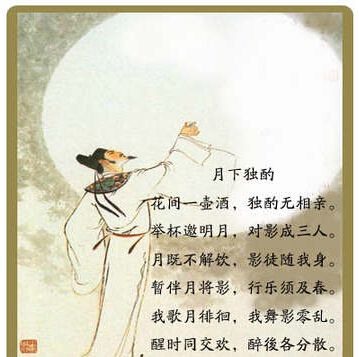刚孵化的小鸭即有“同异”的概念
|
Scientists from the University of Oxford have shown that newly hatched ducklings can readily acquire the concepts of 'same' and 'different' - an ability previously known only in highly intelligent animals such as apes, crows and parrots. Ducklings and other young animals normally learn to identify and follow their mother through a type of learning called imprinting, which can occur in as little as 15 minutes after hatching. Imprinting is a powerful form of learning that can allow ducklings to follow any moving object, provided they see it within the species' typical 'sensitive period' for imprinting. In this new study, published in the journal Science, ducklings were initially presented with a pair of objects either the same as or different from each other - in shape or in colour - which moved in a circular path. The ducklings therefore 'imprinted' on these pairs of moving objects before being tested for their preferences between different sets of objects. In these subsequent choice tests, each duckling was allowed to follow either of two pairs of objects composed of shapes or colours to which the duckling had not previously been exposed. For example, if an individual duckling had originally been exposed to a pair of spherical objects, in the choice test it may have had to choose between following a pair of pyramids (same) or a pair made up of one cube and one cuboid (different). If the birds had learned the relationship between members of the original moving pair, then they should have followed the pairs of novel objects showing that same relationship (either 'same' or 'different'), even if they had never seen the test objects. In the example above, ducklings that had been imprinted on two spheres should have followed the set of two pyramids, because they were the same as each other. This is exactly what the ducklings did. About three-quarters of the ducklings preferred to follow the stimulus pair exhibiting the relationship they had learned in imprinting, and their accuracy was as good whether they had to learn the concept of equal or different, or whether they were tested with shapes or colours. Professor Alex Kacelnik of Oxford University's Department of Zoology, who has worked extensively on learning and decision-making in animals, said: 'To our knowledge this is the first demonstration of a non-human organism learning to discriminate between abstract relational concepts without any reinforcement training. The other animals that have demonstrated this ability have all done so by being repeatedly rewarded for correct performance, while our ducklings did it spontaneously, thanks to their predisposition to imprint when very young. 'And because imprinting happens so quickly, the ducklings learned to discriminate relational concepts much faster than other species, and with a similar level of precision.' |








